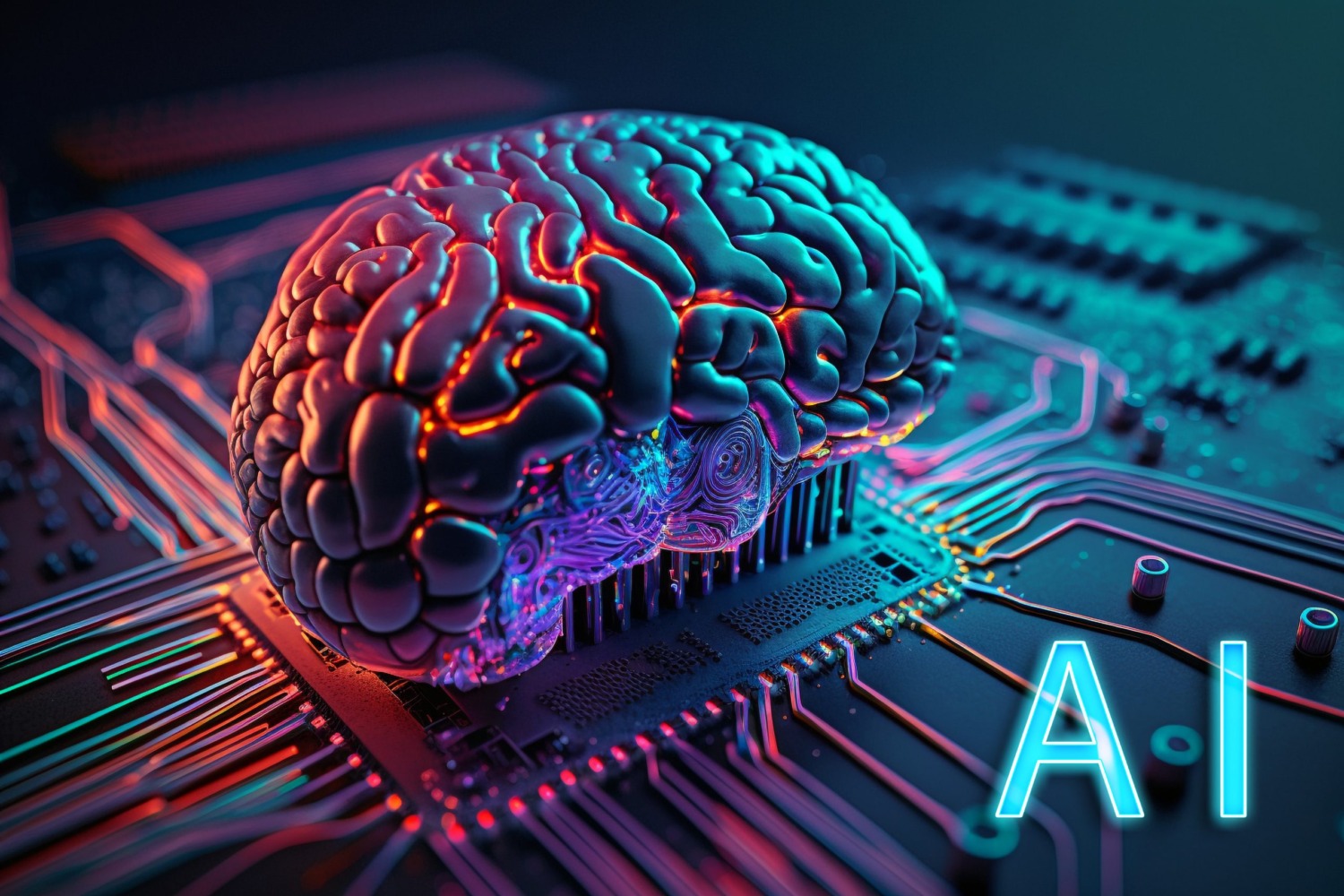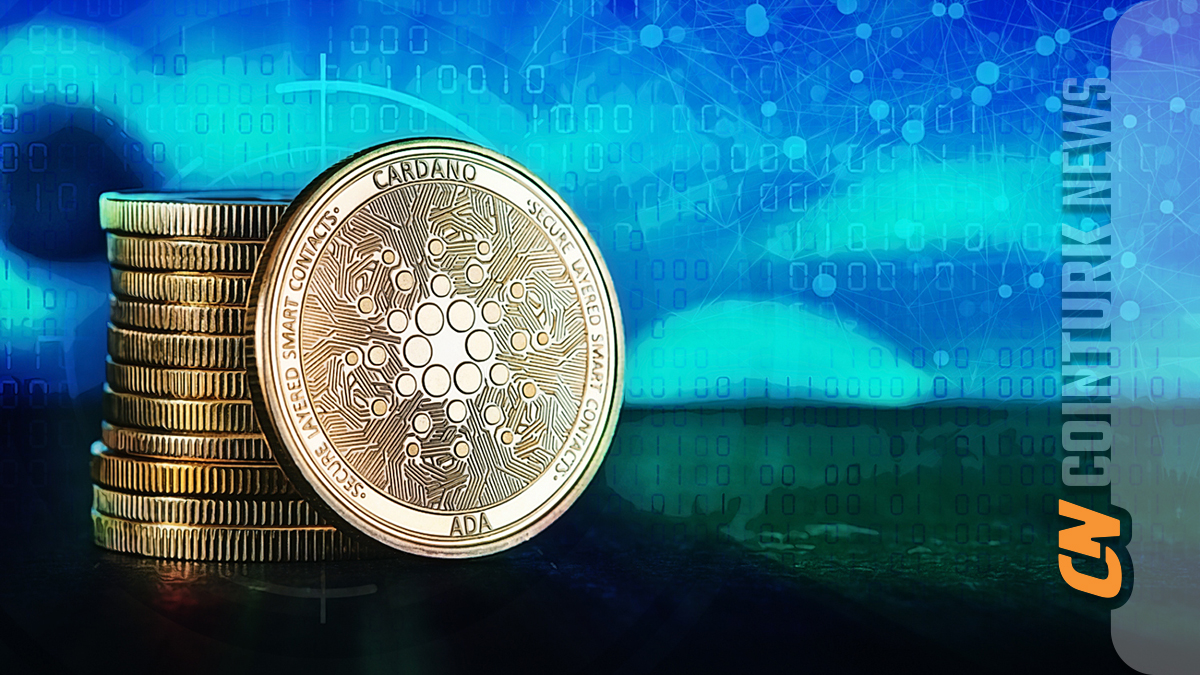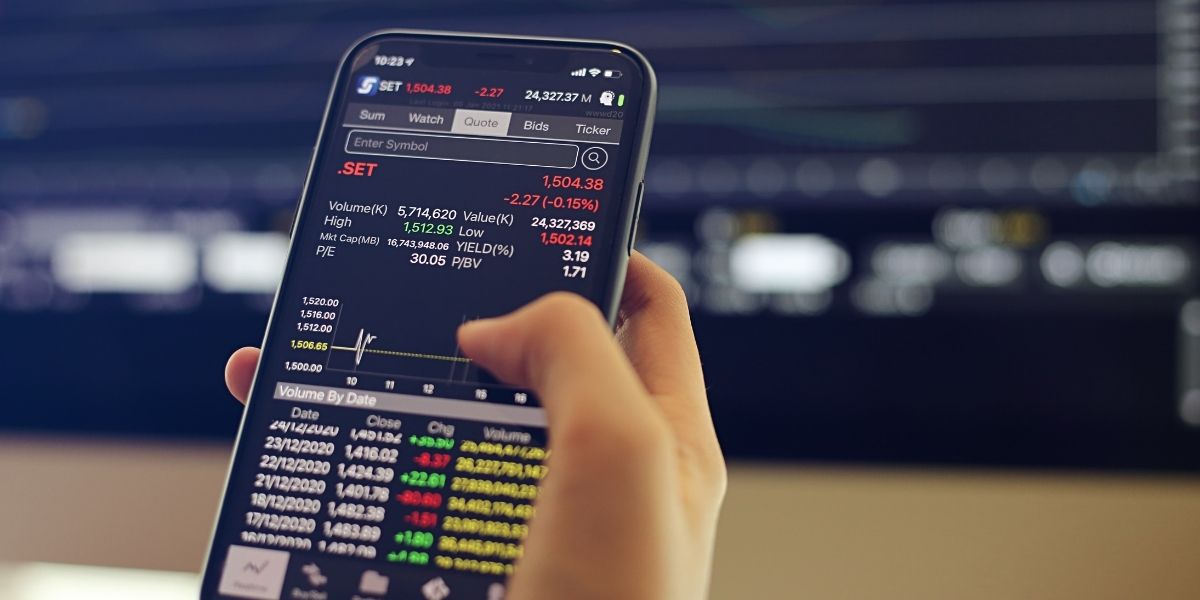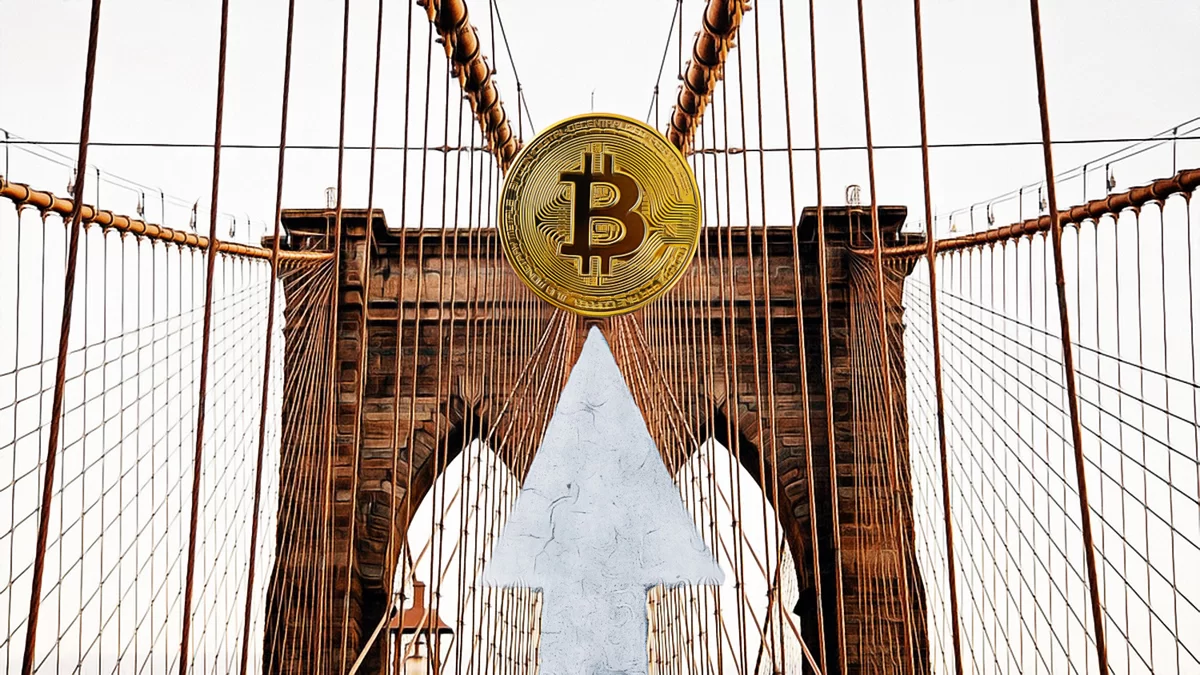The Netherlands has taken a significant step to advance its presence in the field of artificial intelligence (AI) with a substantial investment of 204.5 million euros. The announcement made by the Ministry of the Interior and Kingdom Relations on January 18 indicates the Dutch government’s proactive approach to actively participate and compete in the global artificial intelligence landscape.
The Netherlands Targets Competitive Artificial Intelligence Ecosystem
Acknowledging the global leadership of Asia and the United States in responsible and productive use of artificial intelligence, the Dutch government’s investment aims to strategically position both the Netherlands and the European Union competitively.
The allocated funds will support the development of artificial intelligence technology with a special focus on ethical and responsible practices. A key element of the strategy includes public education campaigns to raise awareness about data protection in the age of productive artificial intelligence.

The government is also actively researching the establishment of a safe and accessible national artificial intelligence test facility to encourage public participation in AI technologies. The comprehensive approach outlined in the announcement aims to leverage the benefits of productive AI systems like ChatGPT while also mitigating risks related to misinformation and potential job displacement.
This step is in line with the European Union’s AI Act. It also serves as a regulatory framework for the government’s guidelines on AI usage and market entry.
Progress and Responsibility in Artificial Intelligence Development
Despite the preliminary agreement reached by the European Parliament and Council in December 2023 on a risk-based model for regulating AI, the official enactment of the AI Act is awaiting finalization details. Robbert Dijkgraaf, the Dutch Minister of Education, Culture, and Science, emphasizes the critical need to cultivate and retain AI capabilities in line with European standards and values.
The government is considering significant investments in scientific and technological resources, including supercomputers, to support capabilities in large language models (LLMs) and other forms of productive AI.
Dijkgraaf underscores the importance of such investments to maintain competitiveness in the dynamic technological landscape. The overall goal is to create an innovation-friendly environment and secure the positions of the Netherlands and the EU in the global artificial intelligence ecosystem.
Recognizing the Potential
The Netherlands aims to benefit from the potential of productive artificial intelligence by investing in AI capabilities, educational initiatives, and state-of-the-art infrastructure while responsibly addressing relevant challenges.
As the European Union moves towards a comprehensive regulatory framework for artificial intelligence, the Netherlands’ proactive stance demonstrates a commitment to aligning national policies with broader regional strategies.
This not only positions the country at the forefront of AI development but also emphasizes ethical considerations and public awareness, which are crucial for the implementation of transformative technologies. The significant investment in AI reflects the Netherlands’ strategic determination to promote innovation, support AI capabilities, and ensure the ethical use of advanced technologies.
How Artificial Intelligence Coins Could Be Affected?
An investment in the field of artificial intelligence by a country can often accelerate the development of AI technologies, which could have a positive impact on artificial intelligence coins. Research and development activities, infrastructure improvements, and an increase in skilled experts in the investing countries can support AI projects.
These developments could increase the adoption of AI coins as well as the likelihood of success for projects in this field. Moreover, a country’s investment in artificial intelligence generally promotes innovation, which can lead to the emergence of new AI projects and use cases. This could allow AI coins to find a wider application area and increase their user base.









